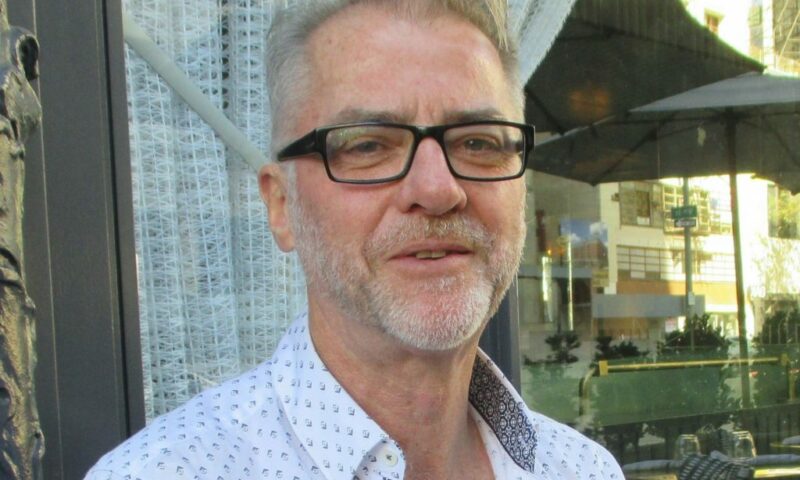

As California voters prepare to make a historic decision about legalizing the recreational use of marijuana, promises and omens have become part of the debate.


Dean Kuipers on why Sacramento punted on Cap-and-Trade.


As Assembly Bill 1066, which would grant overtime pay to California farm workers, heads for a vote in the Assembly, farm workers and faith and civil rights groups are fighting for the votes needed to pass it.


Last week was a turning point. The U.S. Department of Justice’s (DOJ) announcement that it will wind down its use of private prisons is a major step in the struggle to end for-profit incarceration in America.


On Monday a divided California Supreme Court declined, without comment, to hear an appeal of a lower court’s decision in a case that had stoked a fierce national debate over public education.


Tony Sheldon, an internationally known trade unionist and the national secretary of Australia’s Transport Workers Union, recently attended a Las Vegas convention of world labor representatives, hosted by the Teamsters. Capital & Main caught up with him later in Los Angeles.


The premise for Blueprint for Paradise sounds like a punchline: Nazi sympathizers looking for someone to design a secret compound in Southern California decide to hire a leading architect — only to discover that he is African-American. But playwright Laurel Wetzork’s conceit is no joke. It’s based on real-life events.


The U.S. Department of Justice (DOJ) just announced its plans to end its use of privately operated, for-profit prisons to incarcerate federal prisoners.


Several years ago when my wife Susan and I traveled across Ireland by local bus, we headed toward a national cultural site a few miles beyond the nearest town. The route the bus took crossed a rural peninsula, and finally to the little community.


Seth Sandronsky reports that California rates No. 1 for family-friendly laws — even as new legislation is blocked in Sacramento.